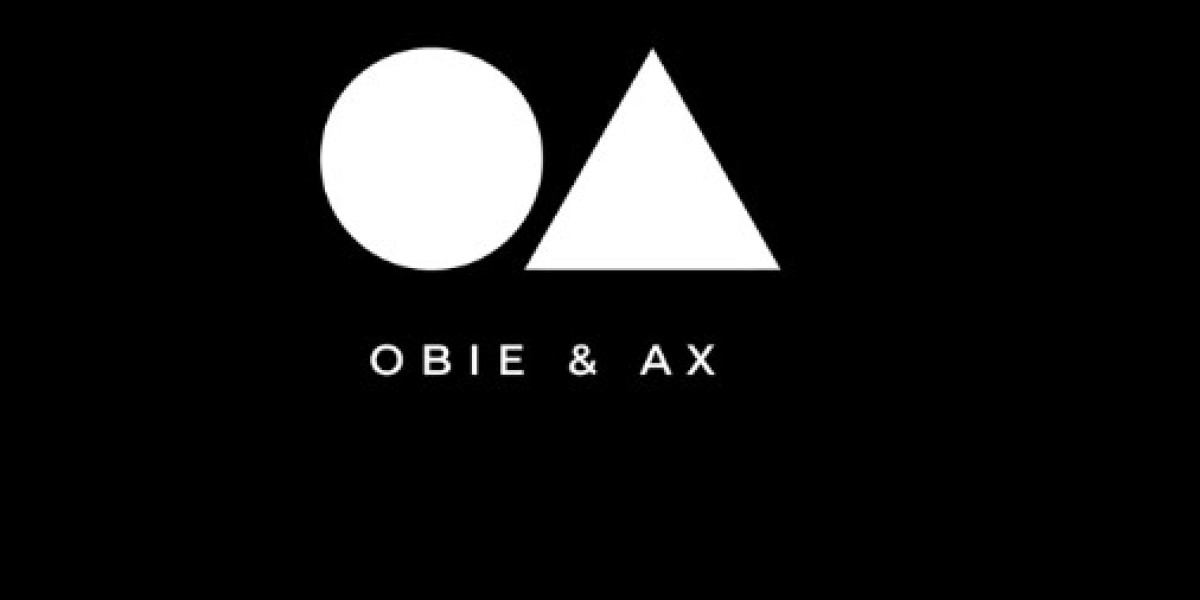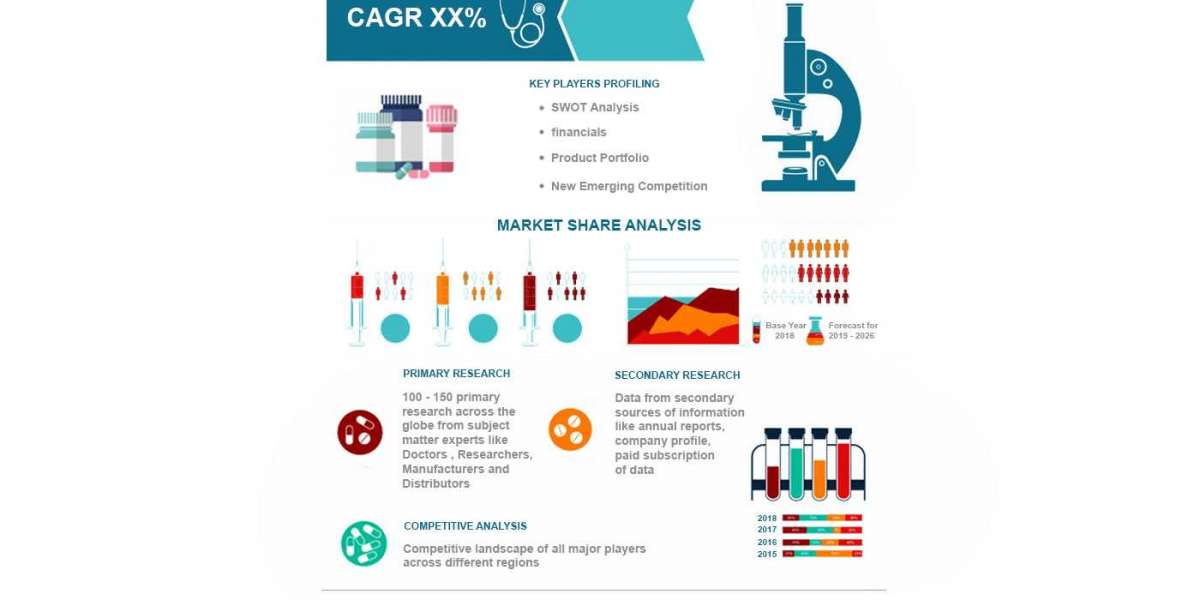Pre-Production Process
Before recording your first episode, it is essential to plan your podcast. Pre-production involves identifying your target audience, choosing a format, determining the podcast theme, and developing a content strategy.
Identifying your target audience
Knowing your target audience is crucial in creating a successful podcast. Understanding your audience's interests, habits, and preferences can help you tailor your content to their needs. You can research your target audience through surveys, social media, or other online forums.
Choosing a podcast format
There are several podcast formats to choose from, including interview-style, solo, co-hosted, and panel discussions. Each format has its advantages and disadvantages, and you should choose one that suits your content and target audience.
Determining the podcast theme
The podcast theme is the overarching topic that your podcast will cover. It should be specific enough to attract a particular audience but broad enough to allow for flexibility in content.
Developing a content strategy
A content strategy outlines the topics and themes that you will cover in your podcast. It is essential to ensure consistency in content and scheduling to keep your audience engaged.
Recording Equipment and Software
To produce a quality podcast, you will need specific equipment and software.
Microphones and their types
A microphone is the most crucial piece of equipment for recording a podcast. There are several types of microphones available, including dynamic, condenser, and USB microphones. Each has its advantages and disadvantages, and you should choose one that suits your recording environment and budget.
Digital audio recorders
A digital audio recorder allows you to record high-quality audio and is essential for podcast production. There are several types of recorders available, including handheld, portable, and desktop models.
Audio editing software
Audio editing software is used to edit and enhance your podcast's sound quality. There are several software options available, including Audacity, Adobe Audition, and Hindenburg Journalist.
Recording the Podcast
Once you have your equipment and software, it's time to start recording your podcast. Here are some tips to help you create a high-quality recording.
Post-Production Process
After recording your podcast, you'll need to edit and enhance the audio to achieve a polished final product.
Audio editing
Audio editing involves removing unwanted noise, correcting any mistakes, and adjusting the audio levels. This can be done using audio editing software such as Audacity or Adobe Audition.
Adding sound effects and music
Adding sound effects and music can help enhance the listener's experience and make your podcast more engaging. There are several online libraries available, such as Audio Jungle or Epidemic Sound, where you can purchase or license royalty-free music and sound effects.
Mastering the final product
Mastering involves preparing the final audio mix for distribution by adjusting the audio levels, EQ, and compression. This can be done using audio mastering software such as Ozone or Waves.
Publishing and Marketing Your Podcast
Once you have a polished final product, it's time to publish and market your podcast to reach a wider audience.
Selecting a podcast hosting platform
A podcast hosting platform is where your podcast will be stored and distributed. Some popular hosting platforms include Podbean, Buzzsprout, and Libsyn.
Creating a show website
Creating a show website is a great way to promote your podcast and provide your audience with additional content. You can use website builders like Wix or WordPress to create a professional-looking website quickly.
Monetizing Your Podcast
Once you have a sizable audience, there are several ways to monetize your podcast.
Sponsorship and advertising
Sponsorship and advertising involve partnering with brands to promote their products or services on your podcast. This can be a lucrative source of income for established podcasts with a large audience.
Crowdfunding
Crowdfunding involves raising money from your audience to support your podcast. This can be done through platforms such as Patreon or Kickstarter.
Selling merchandise
Selling merchandise such as t-shirts, mugs, or other branded items can be a great way to earn additional income while promoting your podcast.
Best Practices for Podcast Production
To ensure the success of your podcast, it's essential to follow some best practices.
Consistency in scheduling and content
Consistency in scheduling and content is crucial to keeping your audience engaged and coming back for more.
Interacting with listeners
Interacting with your listeners can help build a loyal fan base and provide valuable feedback to improve your podcast.
Adapting to feedback
Adapting to feedback is essential to improving your podcast's content and quality and ensuring its continued success.
Conclusion:
Podcasting offers a unique opportunity to share your ideas and stories with a global audience. By following the pre-production, recording, podcast production, publishing, and marketing best practices outlined in this article, you can create a high-quality podcast that engages and entertains your listeners. Remember to be consistent, adaptable, and engaging to grow and maintain your audience.








